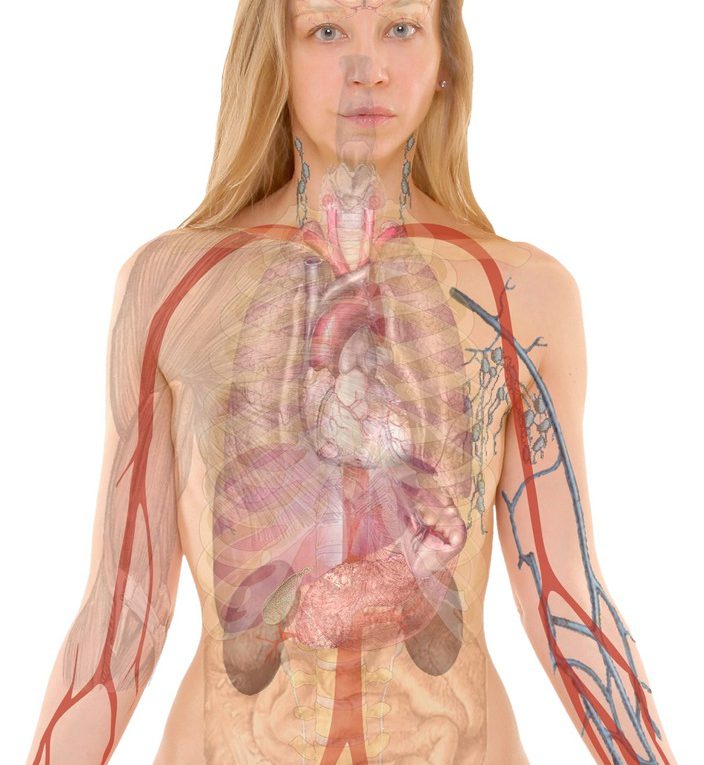What can I do?
The question is what can I do myself and does it make sense? Recently, I have been hearing and reading a lot about wood burning and wood smoke and the harmful impact on health of local residents. The news often talks about the harmfulness of particulate matter. What I find strange, however, is that ultrafine dust is never mentioned. Now I can imagine you wondering where the difference lies.
Fine dust has an average diameter of 10,000 nanometres to 2,500 nanometres. Ultrafine dust, on the other hand, has an average diameter of 1 to 100 nanometres. Ultrafine dust is so small that it is absorbed through our lungs into the blood where it ‘precipitates’ at the cellular level. It even breaks our blood-brain barrier and causes brain diseases, depression and anxiety disorders.
It stands to reason that many of these man-made ultrafine particles are not healthy for us and have a negative impact on the functioning of our immune system. A malfunctioning immune system gives room for all kinds of disorders. Think, for example, of rheumatism, COPD and Parkinson’s disease. Disturbances in cell metabolism can also lead to proliferation and proliferation.
The question is what can we do ourselves and does it make sense?
We individually have little to no short-term impact on industrial emissions and emissions from the transport sector, so can we change something in our immediate environment so that we can ignore the GP, pharmacy and hospital.
Can we set up a scientific study in which we test, for instance, the extent to which virtually 100% filtration of ultrafine dust in a residential environment leads to improved health and well-being of COPD patients, and what does this mean for the patient and society?
May I argue that the health of a COPD patient improves when they use an air filter in their living and working environment that removes more than 99.999% of ultrafine dust from the air?
May I state that:
- he or she sleeps better as a result
- he or she needs fewer medicines as a result
- he or she has fewer doctor’s visits as a result
- he or she does not have to rely as much on benefits as a result
- he or she will feel better mentally and be happier
- it makes the family happy and benefits society

